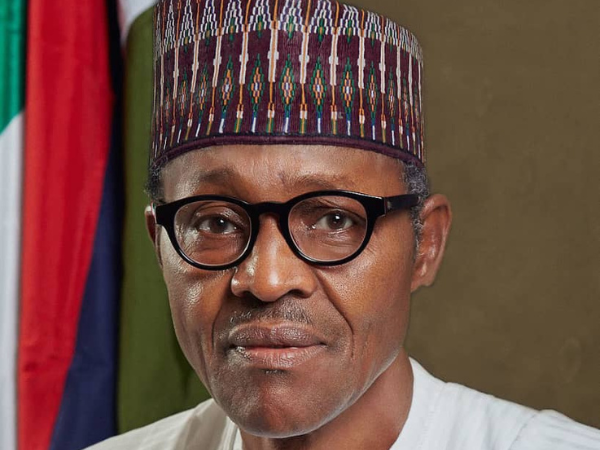Former Nigerian President Buhari Dies in London

7/15/2025 Nigeria (International Christian Concern) — Former Nigerian President Muhammadu Buhari has died in a London clinic at the age of 82, reportedly after battling leukemia.
Family spokesperson Garba Shehu confirmed his death. Buhari, a retired general and two-time national leader — first as military head of state from 1983 to 1985 and later as elected civilian president from 2015 to 2023 — leaves behind a controversial legacy defined by religious violence, economic hardship, and political repression.
While some Nigerian institutions, including the Christian Association of Nigeria (CAN), issued formal condolences acknowledging Buhari’s years of public service, many Christians across Nigeria and international human rights observers have remembered his presidency for what it failed to do: protect the lives of thousands of persecuted Christians across the country, particularly in Nigeria’s Middle Belt and northern regions.
Buhari, an ethnic Fulani and devout Muslim, drew widespread criticism throughout his tenure for his government’s inaction as Fulani Muslim militias committed widespread and systematic violence against Christian farming communities. According to data compiled by the International Society for Civil Liberties and Rule of Law (Intersociety) and corroborated by International Christian Concern’s (ICC) reports, more than 18,000 Christians were killed in Nigeria between 2015 and 2023 — the exact years of Buhari’s presidency.
Most of these killings were carried out by Fulani Muslim militants, widely described as “armed herdsmen,” who repeatedly targeted Christian villages with brutal precision: massacring men, women, and children; torching homes; destroying farmlands; and displacing entire communities.
Despite mounting pressure from international watchdogs and the U.S. Commission on International Religious Freedom (USCIRF), Buhari’s administration consistently failed to hold perpetrators accountable, often downplaying the attacks or framing them as “clashes” between farmers and herders, even in the face of clear evidence of religious targeting.
Following the announcement of Buhari’s passing, his widow, Aisha Buhari, made an emotional public statement, revealing the former president’s final wish.
“My husband asked me to beg Nigerians for forgiveness before his death,” she said. “He always told me he was just a man who made both good decisions and mistakes. He knew he had hurt many, and he wanted to be forgiven.”
While some viewed the appeal as a rare act of humility, others in the persecuted Christian community found it insufficient, considering the devastation endured under his leadership.
In a formal statement, Archbishop Daniel Okoh, president of CAN, extended condolences to the late president’s family. He praised Buhari’s “commitment to national development,” but stopped short of addressing the Christian death toll under his watch.
“Although former President Buhari’s time in office was not without obstacles, he served our nation with duty and commitment,” the statement read. “We pray that the Almighty grants his family the strength to bear this loss.”
Critics argue such statements gloss over a dark chapter in Nigeria’s history, where ethno-religious violence against Christians escalated dramatically, and the government consistently failed to designate Fulani extremists as terrorists, despite their involvement in mass atrocities.
While the international community, including the U.S. government, engaged Buhari’s administration on issues of corruption and counterterrorism, Christian persecution remained an unresolved crisis, worsened by the state’s reluctance to act.
Under Buhari, Nigeria became the deadliest country in the world to be a Christian, according to Open Doors’ World Watch List. Yet, not once during his presidency did Buhari publicly condemn Fulani militia attacks on Christians, even though the perpetrators were largely from his own ethnic group.
As Nigerians prepare to lay Muhammadu Buhari to rest, many Christians will remember not just the man, but the silence that echoed from Aso Rock as churches burned, believers were butchered, and entire communities were erased.
The world now watches Nigeria’s new leadership, hoping for a shift toward justice, religious freedom, and genuine accountability — values long denied to its persecuted Christian population.
To read more news stories, visit the ICC Newsroom. For interviews, please email [email protected].
